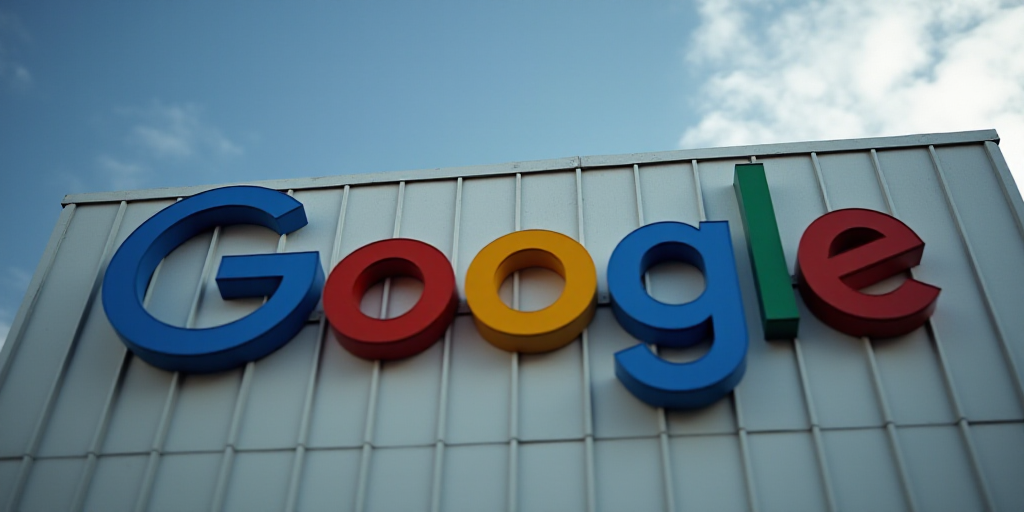Background on the Case
The European Union (EU) has imposed a fine of $3.5 billion on Google for abusing its market dominance in digital advertising. This decision comes despite pressure from former U.S. President Donald Trump.
Who is Google?
Google LLC, a subsidiary of Alphabet Inc., is an American multinational technology company specializing in Internet-related services and products. These include online advertising technologies, search engines, cloud computing, software, and hardware. Founded in 1998 by Larry Page and Sergey Brin, Google has become synonymous with internet search, making it one of the world’s most valuable brands.
Why is Google Relevant in this Context?
Google holds a significant market share in the digital advertising sector, with its AdWords and AdSense platforms being widely used by businesses worldwide. The EU’s investigation focused on Google’s practices in the online advertising market, specifically its dominance and alleged abuse of power.
The EU’s Decision
The European Commission, the executive branch of the EU, found Google guilty of abusing its market dominance by favoring its own advertising services over competitors. This practice, known as “self-preferencing,” allowed Google to unfairly maintain and strengthen its position in the online advertising market.
What is Self-Preferencing?
Self-preferencing refers to a company’s practice of giving preferential treatment to its own products or services over those of competitors. In this case, Google allegedly provided advantages to its AdX platform and Google Ad Manager over rivals in the online advertising market.
Impact of the Fine
The $3.5 billion fine, the largest ever imposed by the EU for anticompetitive practices, aims to restore a level playing field in the digital advertising market. This decision could encourage other tech giants to reconsider their business practices and promote fair competition.
How Will This Affect Users?
While the fine primarily targets Google, it may indirectly benefit users by fostering a more competitive digital advertising landscape. This could lead to better deals, increased transparency, and improved user experiences as companies strive to differentiate themselves from one another.
Key Questions and Answers
- What is the EU’s main concern regarding Google’s digital advertising practices? The EU’s primary concern is that Google abused its market dominance by favoring its own advertising services over competitors, thereby stifling fair competition.
- What is the significance of this fine? The $3.5 billion fine is the largest ever imposed by the EU for anticompetitive practices, aiming to restore fairness in the digital advertising market.
- How might this decision impact other tech companies? This fine could encourage other tech giants to reassess their business practices and promote fair competition.
- What indirect benefits might users experience from this fine? Users could benefit from a more competitive digital advertising landscape, potentially leading to better deals, increased transparency, and improved user experiences.






